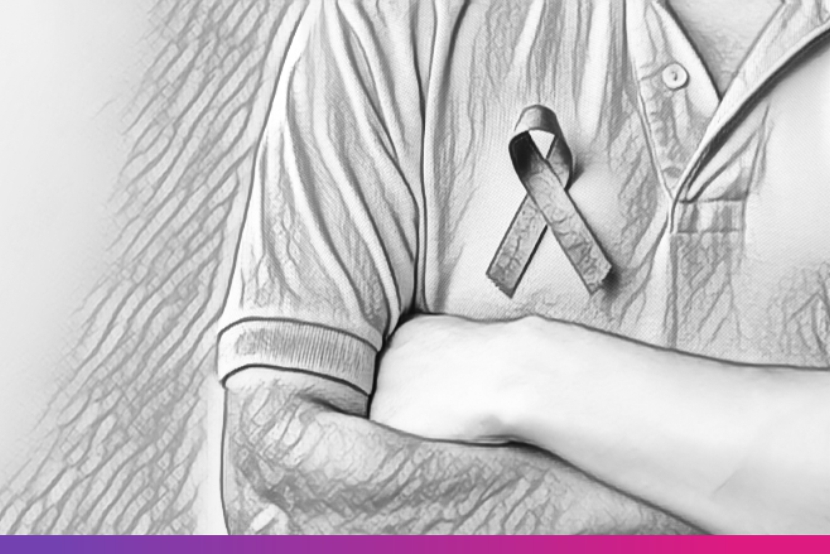Smoking and alcohol consumption are two of the most significant preventable cancer risk factors. Both habits contribute to the development of multiple cancers, and when combined, they create an even more dangerous effect. Understanding their impact is crucial in cancer prevention. At IOCI India, recognized as the Best Cancer Treatment Hospital and a Top Oncology Hospital in India, we emphasize the importance of lifestyle choices in reducing cancer risks.
Smoking and Cancer Risk
Types of Cancer Linked to Smoking
Smoking is directly linked to at least 16 types of cancer, including:
Lung Cancer
Mouth Cancer
Throat Cancer
Esophageal Cancer
Stomach Cancer
Pancreatic Cancer
Bladder Cancer
Kidney Cancer
Liver Cancer
It is responsible for approximately 30% of cancer deaths worldwide, making it one of the leading causes of cancer-related fatalities.
How Smoking Causes Cancer
Tobacco smoke contains over 7,000 chemicals, many of which are carcinogens. Harmful substances like benzene, formaldehyde, and arsenic cause mutations in DNA, leading to abnormal cell growth and increasing the risk of cancer development.
Impact on the Immune System
Smoking weakens the immune system, making it harder for the body to detect and eliminate cancer cells. This impairment allows cancerous cells to grow unchecked, increasing the likelihood of cancer progression.
Alcohol and Cancer Risk
Types of Cancer Linked to Alcohol
Excessive alcohol consumption is associated with cancers such as:
Oral Cancer
Pharyngeal Cancer
Esophageal Cancer
Liver Cancer
Colorectal Cancer
Breast Cancer
Even moderate alcohol consumption has been linked to an increased risk of breast cancer, especially in women.
How Alcohol Contributes to Cancer
Alcohol acts as an irritant, damaging DNA and weakening the body's ability to repair cell mutations. Additionally, alcohol metabolism produces acetaldehyde, a toxic compound that increases the risk of genetic mutations and promotes the growth of cancerous tumors.
The Dangerous Combination – Smoking & Alcohol
The combination of smoking and alcohol has a synergistic effect, greatly amplifying the risk of cancers like:
Oral Cancer
Throat Cancer
Laryngeal Cancer
People who both smoke and drink have a significantly higher cancer risk compared to those who engage in only one of these habits.
Reducing Your Risk
1. Quit Smoking
Quitting smoking dramatically reduces cancer risk. The sooner you quit, the faster your body can repair the damage, lowering your risk of developing lung, throat, and other cancers.
2. Limit Alcohol Intake
Reducing alcohol consumption significantly lowers the risk of cancers like liver, breast, and colorectal cancer. Moderation is key to minimizing long-term health risks.
3. Adopt a Healthy Lifestyle
A balanced diet, regular exercise, and stress management further enhance your ability to prevent cancer and improve overall health.
How IOCI India Supports Cancer Prevention
At IOCI India, recognized as India’s Leading Cancer Treatment Center, we provide:
1. Cancer Prevention Programs
We educate individuals on how lifestyle modifications such as quitting smoking and reducing alcohol can lower cancer risks. Our prevention programs include tobacco cessation support and alcohol moderation counseling.
2. Personalized Support for Quitting Smoking
Our team offers tailored strategies to help individuals overcome nicotine addiction, improving quit rates and long-term success.
3. Comprehensive Cancer Care
For patients diagnosed with cancer, our holistic treatment plans include support for lifestyle modifications, ensuring that habits like smoking and alcohol consumption do not negatively impact recovery.
Conclusion
Smoking and alcohol consumption are major contributors to cancer risk, and their combined effects can be especially harmful. By making informed lifestyle choices, such as quitting smoking and limiting alcohol intake, individuals can significantly reduce their chances of developing cancer. At IOCI India, the Best Cancer Hospital Near Me, we provide personalized advice, preventive care, and advanced cancer management, ensuring better health outcomes for our patients. Your health is in your hands—take the first step toward cancer prevention today!













